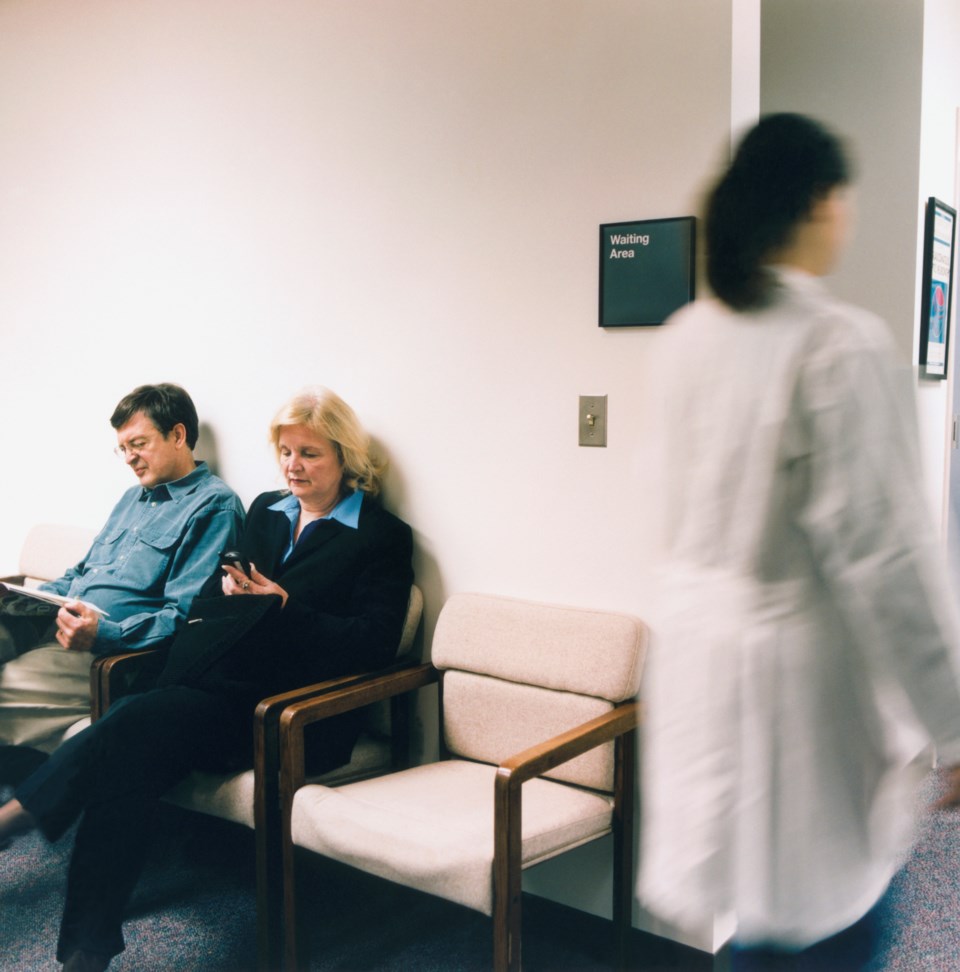A planning process that aims to increase access to family doctors, among other things, has begun this summer.
The provincial government has authorized primary care network planning to begin in the Sea to Sky, said Monica McDonald, the Sea to Sky Division of Family Practice executive director.
Following this process, a plan will be submitted, ideally sometime in December. Once the province approves that plan, the creation of a primary care network can begin.
A primary care network is created when local clinics and authorities pool their resources and come together to find ways to augment the services provided by family doctors.
One big boon, McDonald said, is that under a primary care network, doctors in Squamish would be able to work under different compensation schemes, which hopefully will provide further incentive to attract physicians to work in town. This could be a step in the direction of helping address the shortage of general practitioners in the community.
Currently, doctors in B.C. get paid under a fee-for-service model, which gives physicians a set amount of money per patient that they see. This amount does not change, regardless of how severe the patient's needs are.
Many doctors have been critical of this model, as they say money given per patient has not adjusted accordingly to the cost of living for some time.
"The fee-for-service model has proven across the province to be just not functioning well right now," said McDonald.
"If I'm a restaurant or a t-shirt company, I can change my prices; I can pay my staff more and keep them. Doctors don't have that luxury. They're tied to…whatever the current [government fee-for-service] rate is.
McDonald said that this model also does not pay general practitioners for the hours of administrative work required after patients' visits.
"So filling out paperwork for patients, making sure that referrals are appropriately filed with specialists, following up on lab results — all of those things are generally unpaid labour," she said.
Under a primary care network, doctors may have access to new forms of compensation, such as ones that could pay doctors for their currently-unpaid administrative work.
"A physician is not obligated to stay with that fee-for-service model. They can now avail themselves of different contracts and agreements," McDonald said.
"Under these new contracts, there is room for physicians to receive financial support for the time they spend away from the patient [while] still tending to the patient's needs."
McDonald said that while this is one way to help address the shortage of doctors in Squamish, it's not a silver bullet. Many other factors, such as housing affordability and more, need to be addressed.
McDonald said that the primary care network is a collaboration between many parties. In addition to the Sea to Sky Division of Family Practice, this includes Vancouver Coastal Health, the Ministry of Health, the First Nations Health Authority, and the Squamish Nation.






